2008年高考英语试卷(浙江)(空白卷)
2008年普通高校招生统一考试(浙江卷)第一节:单项填空(共20小题,每小题1分,满分20分)从A、B、C、D四个选项中,选出可以填入空白处的最佳选项,并在答题纸上将该项涂黑。1.–Areyouallright?–______.A.That’sOKB.IthinksoC.TakeiteasyD.It’sverykindofyou2.______applefellfromthetreeandhithimon______head.A.An;theB.The;theC.An;不填D.The;不填3.Ilikethisjacketbetterthanthatone,butitcostsalmostth...
相关推荐
-
私募股权融资商业计划书模板VIP免费
 2025-03-07 2
2025-03-07 2 -
华为成功背后的经营与管理理念VIP免费

 2025-03-07 5
2025-03-07 5 -
华为内训绝密资料:绩效管理与绩效考核VIP免费

 2025-03-07 5
2025-03-07 5 -
华为战略薪酬管理及案例分析VIP免费
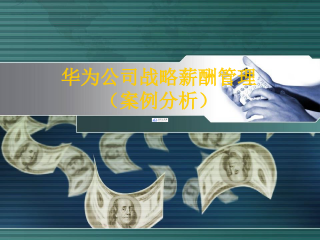
 2025-03-07 3
2025-03-07 3 -
走出华为VIP免费
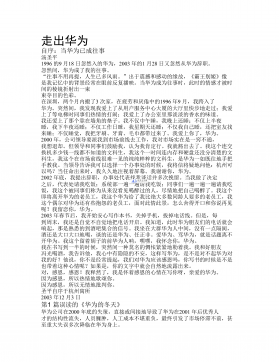
 2025-03-07 4
2025-03-07 4 -
员工持股案例——华为VIP免费
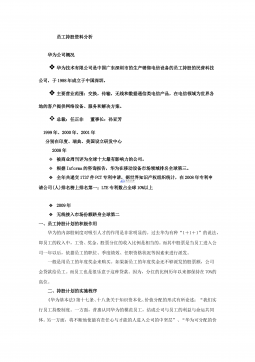
 2025-03-07 4
2025-03-07 4 -
新三板股权激励案例分析VIP免费
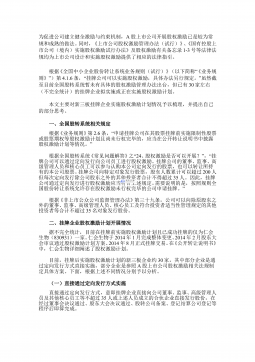
 2025-03-07 3
2025-03-07 3 -
项目融资方案VIP免费
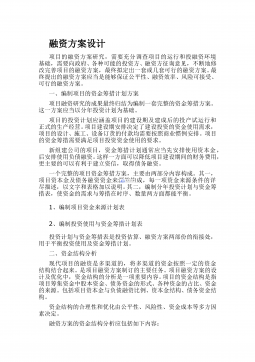
 2025-03-07 1
2025-03-07 1 -
私募股权融资协议八个核心条款VIP免费
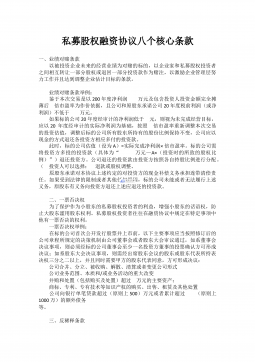
 2025-03-07 4
2025-03-07 4 -
上市公司的股权分置改革与完善VIP免费
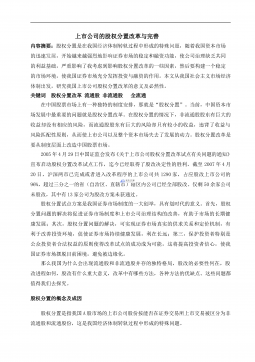
 2025-03-07 3
2025-03-07 3
相关内容
-
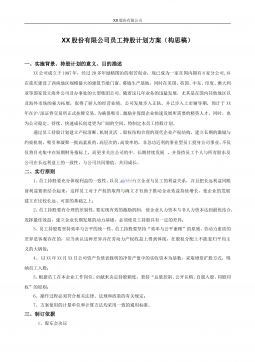
XX股份有限公司员工持股计划方案(构思稿)
分类:人力资源/企业管理
时间:2025-03-07
标签:无
格式:DOC
价格:5.9 玖币
-
xx公司股权融资计划书
分类:人力资源/企业管理
时间:2025-03-07
标签:无
格式:DOC
价格:5.9 玖币
-
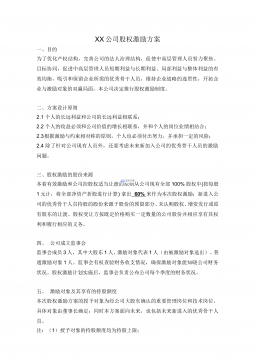
xx公司股权激励方案
分类:人力资源/企业管理
时间:2025-03-07
标签:无
格式:DOC
价格:5.9 玖币
-
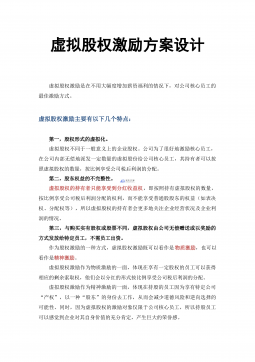
【管理】虚拟股权激励方案设计(附协议范本)
分类:人力资源/企业管理
时间:2025-03-07
标签:无
格式:DOCX
价格:5.9 玖币
-
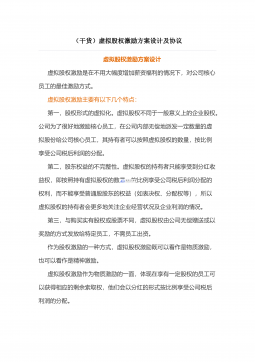
(干货)虚拟股权激励方案设计及协议
分类:人力资源/企业管理
时间:2025-03-07
标签:无
格式:DOCX
价格:5.9 玖币


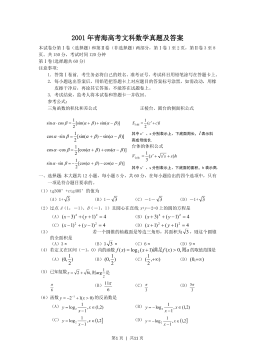
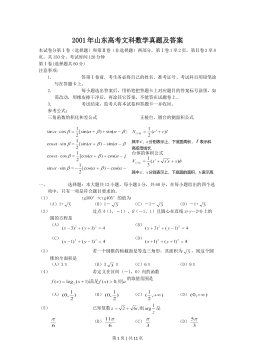
 渝公网安备50010702506394
渝公网安备50010702506394
